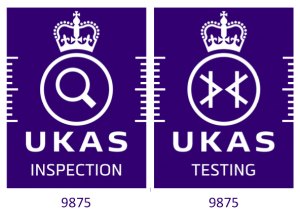Although the topic of our news stories is often mesothelioma and the devastation that it can cause, there are several other asbestos-related diseases that can have similarly debilitating effects. These further highlight the need for services such as asbestos surveys and removal to help prevent future victims.
In just one example of this, a retired electrician from Exeter is now being cared for in a hospice after being diagnosed with asbestosis, with his condition having also recently worsened.
A devastating disease
Asbestosis is a chronic condition that causes the lining of the lungs to inflame and scar, leading to shortness of breath, wheezing, fatigue and chest pain. The damage caused by asbestosis cannot be reversed, and it can often bring an increased risk of such conditions as mesothelioma and lung cancer.
As is the case with sufferers of mesothelioma or any other asbestos-related disease, work history is usually examined first when efforts are being made to establish how the person came into contact with the asbestos fibres that caused their condition.
For Albert Carder, the source is thought to be his former career as an electrician. He first served as an apprentice electrician in the 1950s, and later spent 14 years working in the boiler rooms of Exeter University.
Striving for justice
After he had received his diagnosis, Albert sued the university in July 2015. However, because of the mere fraction of culpability for his condition that the university was thought to have, it was agreed that he was only entitled to a sum of £1,552. As for his earlier career, he was unable to win damages, as his former employers were uninsured.
Judge Allan Gore QC said that Mr Carder had proved his case against the university, but that the institution had only made a “very small” contribution to his illness. However, the ruling means that Albert can return to court to seek additional compensation if his condition worsens.
With the university having confirmed that it will challenge the ruling, an important test case at London’s Appeals Court awaits. In the meantime, here at Salvum, we are dedicated to doing what we can to help minimise the numbers of new sufferers of asbestos-related disease that arise in the future – so please don’t hesitate to contact us to find out more about our asbestos surveys and related services.









